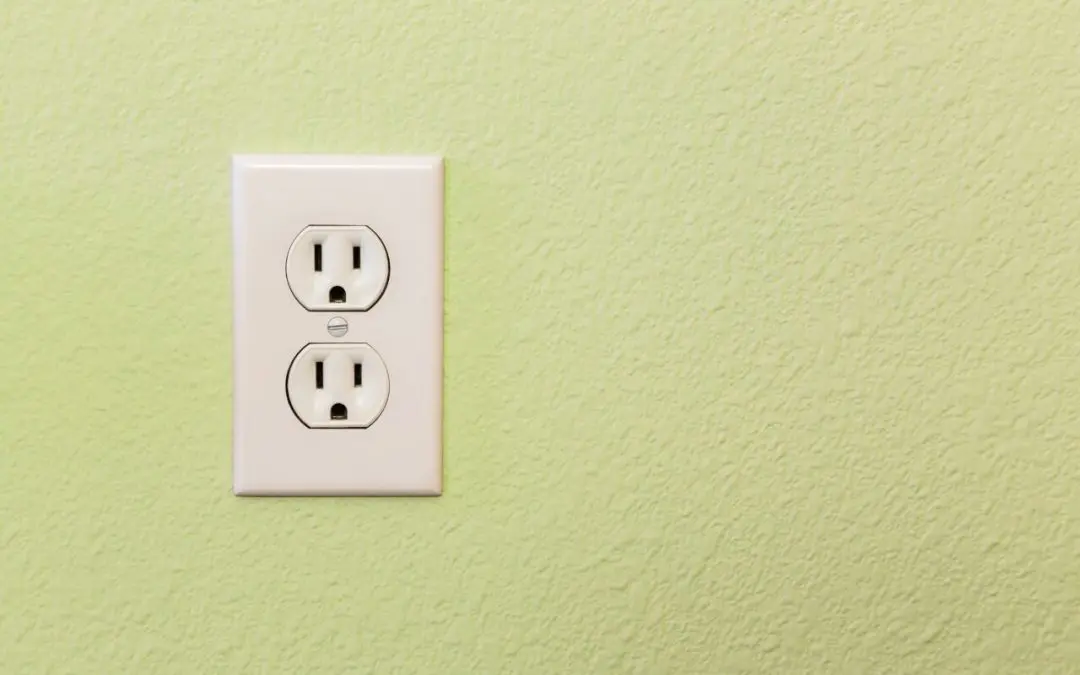Electricity powers nearly everything in our homes, from lighting and appliances to devices and entertainment. While it’s easy to take for granted, electricity can pose serious risks if not managed properly. Electrical fires, shocks, and power surges could cause property damage and even endanger lives. Knowing electrical safety tips is a crucial part of maintaining your home. Most electrical hazards are preventable. With the right knowledge and habits, homeowners will significantly reduce risks and create a safer environment for themselves and their families.
Electrical Safety Tips: Everyday Habits That Improve
One of the simplest ways to improve electrical safety at home is by developing consistent habits. Small steps such as unplugging appliances when not in use, keeping cords out of high-traffic areas, and avoiding overloading outlets make a big difference. Extension cords should only be used temporarily, and power strips should be chosen carefully to ensure they can handle the load. Another important habit is regularly checking cords for fraying or damage. A damaged cord may seem minor, but it could quickly become a fire hazard. Replacing worn cords immediately is easy and maintains electrical safety without major expense.
Inspecting and Maintaining Your System
Beyond daily habits, regular inspection of your home’s electrical system is essential. Outdated wiring, faulty outlets, and overloaded circuits are some of the most common causes of electrical problems. Homeowners should be aware of warning signs such as flickering lights, buzzing outlets, frequently tripped breakers, or outlets that feel warm. These are signs that your system may need attention from a qualified electrician.
Scheduling a professional electrical inspection every few years is a wise investment. It ensures your system is up to code and functioning properly, which enhances electrical safety and efficiency. Keeping your system in top shape will save you money in the long run by preventing costly repairs or damage.
Protecting Children and Pets with Electrical Safety Tips
Electrical safety requires additional precautions for families with children and pets. Outlets that are easily accessible should be fitted with covers to prevent curious hands or paws from making contact. Wires should be tucked away or secured to reduce the risk of tripping or chewing. Teaching children about the dangers of electricity from a young age is equally important. Simple lessons about not sticking objects into outlets or not pulling cords from the wall by tugging on them will prevent accidents. These extra steps ensure that everyone in the household remains safe around electricity.
Don’t Forget Outdoor Living Spaces
Homeowners often focus on the inside of their homes, but outdoor spaces also require attention. Electrical safety in outdoor areas is critical, since exposure to weather and moisture creates unique risks. Outdoor outlets should always be fitted with covers and connected to ground fault circuit interrupters (GFCIs) to prevent shocks. Extension cords used outside must be rated for outdoor use, and holiday or landscape lighting should be checked regularly for wear. By paying attention to these details, you will enjoy your outdoor living areas with peace of mind.
Prepare for Emergencies
Even with precautions in place, emergencies could happen. Knowing how to respond is important. Every homeowner should know the location of the main circuit breaker and how to shut it off quickly in case of a problem. In an electrical fire, it’s vital to use a fire extinguisher rated for electrical fires and never water, which can worsen the situation. Preparedness also means being aware of weather-related electrical hazards. Power surges during storms could damage appliances and electronics. Surge protectors and whole-house surge protection systems are excellent tools to safeguard your home against these risks.
Creating Peace of Mind Through These Electrical Safety Tips
At its core, electrical safety is about creating peace of mind. By taking steps to reduce hazards, maintain your system, and prepare for emergencies, your home remains a safe and comfortable place to live. The investment of time and attention is minimal compared to the security it provides for your family and your property. When homeowners treat electrical safety as a priority rather than an afterthought, they will enjoy the benefits without unnecessary risks. From daily habits to professional inspections, every effort contributes to a safer, more reliable home.
FAQs
What are the most common signs of electrical problems at home?
Flickering lights, frequently tripped breakers, buzzing or warm outlets, and burning smells near electrical sources often indicate issues that require professional attention.
How often should a home electrical system be inspected?
It’s recommended to schedule a professional inspection every three to five years, or sooner if your home is older or showing signs of electrical problems.
Are power strips safe to use?
Yes, when used properly. Power strips should not be overloaded, and choosing ones with built-in surge protection for added safety is best.
Why are GFCI outlets important?
GFCIs protect against electric shock by shutting off power when they detect an imbalance in the electrical current. They are especially important in kitchens, bathrooms, garages, and outdoor areas where moisture is present.
New Image Home Inspections offers home inspections to homebuyers in upstate South Carolina. Contact us to request our services.

